Talking TV: Emily Barr On Sinclair’s Shuttered Newsrooms
When Sinclair Inc. confirmed the closure of five of its newsrooms in mid-size and smaller markets earlier this month, it signaled that a reckoning had arrived. Part of that was Sinclair itself having to concede the bankruptcy of its regional sports networks division, Diamond Sports, wasn’t nearly as quarantined from the rest of the company as it let on.
But another part was that this year’s exceedingly challenged spot ad business has reached a tipping point, and jobs and entire newsrooms are now in the crosshairs as station groups confront hard choices ahead.
In this Talking TV conversation, Emily Barr, TVNewsCheck columnist and former president-CEO of Graham Media, shares her take on whether Sinclair’s actions may be the point of the spear for the entire industry. She weighs in on which markets might be particularly vulnerable as the prospect of recession casts a shadow over the U.S. economy. And she considers local broadcast’s dangerous addiction to political spending and how that creates its own challenges for station groups.
Episode transcript below, edited for clarity.
Michael Depp: Sinclair’s closure of news operations in five markets prompts a number of questions. Among them: Is this a harbinger of things to come in smaller to mid-sized DMAs with too many competitors and too few advertisers? Is this uniquely a Sinclair problem, a knock-on effect of the Diamond sports bankruptcy? And what are the implications for widening news deserts?
I’m Michael Depp, editor of TVNewsCheck, and this is Talking TV. To help answer these questions this week, I’m with TVNewsCheck columnist and former Graham Media CEO Emily Barr. We’ll be right back with that conversation.
Welcome back, Emily Barr, to Talking TV.
Emily Barr: Glad to be here, Michael. Thank you.
Thank you. Let’s look at the shutting down of the five Sinclair newsrooms first through the lens of Sinclair’s own latest woes. The company is weathering the bankruptcy of its regional sports networks, which it has quarantined somewhat from the rest of the business. But is it safe to say that this is a direct effect of the Diamond bankruptcy?
Well, I obviously don’t have any direct insight into that, but it would seem like the confluence of these two things coming relatively close together would indicate that there might be a cause and effect here.
Are Sinclair stations especially vulnerable to more news closures relative to other groups because of that bankruptcy?
I mean, they might be. I also think just their sheer size. You know, they have a lot of television stations. I’ve lost track of the exact number, but I know it’s in the hundreds. And there are a number that are in smaller markets. And smaller markets, as you know, don’t tend to generate quite the level of revenue and bottom-line profit that the larger ones do. So, I think when you put all that together, you could say they might be a little more vulnerable.
And this is not a good year for spot TV. A potential recession is still darkening our doors and political isn’t coming to the rescue until next year. Where do you see the most vulnerable newsrooms or newsroom positions broadly across the industry right now? And how deep could potential layoffs or closures go at certain groups?
Well, obviously, I hope that that the larger groups do not take a lesson from this, because if they start to close or shutter the smaller market newsrooms, because those are the ones that don’t generate as much revenue, you know, we’re going to create a ripple effect across the whole country that could be very damaging to our industry and to, frankly, our democracy. So obviously, I hope that doesn’t happen.
But I do think that smaller markets in general are vulnerable because, you know, one of the reasons why many of the larger groups said they needed scale, right, was because they said they could operate more efficiently if they had a larger number of stations and they had more bargaining power with the networks and with retrans and things like that. This obviously kind of flies in the face of that, because this says even though we’re a really large group, one of the largest, we can’t make it work necessarily in these smaller markets. So, we’re just going to shut them down, run a kind of generic national newscast out of, I guess, their D.C. bureau, and call it a day.
Are solidly red states particularly vulnerable because there might not be that level of political rescue next year as well?
You know, it’s really tough to say because political is a very opaque process. When you’re a television station, the money comes pouring in or it doesn’t, you know, and it is really a function of how competitive the races are in your respective markets. And obviously, there are races that are both local and regional, and there are those that are national.
The national ones are the ones we hear about. But lots of competitive races go on locally. I think you also have to ask yourself how competitive are these particular television stations in these particular markets. If in fact—and I haven’t looked into this—but if, in fact, they are not terribly competitive, then they may not have been getting a pretty decent size of the advertising pie anyway.
And then when you layer on top of that, you know, auto advertising has been way down because of, you know, the chip shortage and things like that. And you don’t have political this year because political is an every-other-year phenomenon for most markets, it probably has created a kind of dire situation, particularly for a company that’s in the situation that Sinclair is in with their other businesses.
I was talking with someone the other day who said if it wasn’t for political, a shakeup would have happened in this industry a while back already. I wonder how deep is broadcast’s addiction to political spending and how dangerous is that addiction?
It’s pretty significant because political has done nothing but go up, up, up, as the country has become more and more polarized. And, you know, and I think what’s happened is there’s been this pouring of money, I guess, ever since Citizens United. There’s been this pouring of money into local broadcasts. It’s also going elsewhere now. And it’s created this every other year of boom-and-bust kind of situation.
So, if you were to take political out of the equation or if you were, I think some companies might already be doing this, if you look at political and say, well, you really don’t have a lot of control over political, so we’re just going to put that to the side in terms of how we measure your success. We’re going to like, you know, we’ll obviously take the revenue, but we’re not going to use it as a way of measuring the individual market success. That’s not exactly fair, because the best television stations in a market based on ratings are going to get the largest share of political.
That boom-and-bust phenomenon you just mentioned … when you were a station group leader and those sort of vacillations are getting greater and greater, it seems, between the booms and busts. How hard is that to work with and to plan around?
Well, it’s tough to manage because you really have a hard time budgeting for political. You know, you go in with your best guess. You’re almost always wrong by a lot, by a factor of a lot. And you only hope that you’re wrong in the right direction. So, you know, you tend to try to budget somewhat conservatively, or at least in your opinion, you know, realistically. And then if the if the race itself or the races themselves take off, you might wind up sometimes doubling or even more than that, the amount of revenue that comes in for political.
On the other hand, if a race that’s predicted to be really competitive never materializes, you’ll never see the money. So, I’ve seen it occur both ways. You know, and when I was a CEO of Graham, we had a couple of years where money just didn’t come in as we expected. And we had years when it came in much heavier than we thought.
Now, is there a snowball’s chance in hell that the FCC might look at this dynamic, look at the layoffs and the closures that are starting to happen and consider lifting the cap under Chairwoman Jessica Rosenworcel? Might there be any reason to believe that signals like this could trigger any sort of regulatory relief?
You know, I can imagine that there are some people in Congress who might try to make that happen or might try to ask for that to happen. But the FCC, as it exists today and as it’s constituted, I just don’t see that happening. And I don’t know that anyone in the industry does either. They just haven’t been paying much attention, as you know, to the plight of local broadcasters.
And I think, you know, one point I’d like to make about all of this is for those television stations in the markets that are being shuttered, the local politicians or the senators and congressmen who represent those districts, they no longer have a platform to participate in to talk to the people they represent. I mean, consider that that’s a big deal. If I’m a congressperson coming out of one of those districts and I can’t even talk to anybody on a particular TV station… Now, granted, there are other stations in the market, but it does limit my exposure to my own constituents. So, they may be the ones to actually kick up a little dust about this.
Of course, the flipside of that is they may feel like they have a little less scrutiny, too.
And that’s important. Yes. Yes.
You wrote recently in TVNewsCheck about your own efforts to acquire some newspapers in Maine where you now live with the hopes of establishing a nonprofit news source as a hedge against the kind of widening news deserts that hit smaller communities especially hard. What is the damage to democracy when a newsroom in any medium shuts off its lights?
I mean, it’s very visceral and it’s very real. You stop knowing what’s going on at the school board. You don’t know if your water is clean and potable. You do not know if your government officials are doing what they’re supposed to be doing. And there are countless examples of how this has impacted communities and rippled across, you know, entire populations.
So, you know, I think I think it’s the essence of who we are as a community. And if we don’t have a common set of facts and a common framework which to hold the powerful accountable, then we really are lost as a democracy. I really believe that.
Well, cautionary words on which to end the conversation for now. Thank you, Emily Barr, for helping unpack all of this for us today.
Thank you. Glad to be here.
Thanks to all of you for watching and listening. You can watch past episodes of Talking TV on TVNewsCheck.com and on our YouTube page. We are not turning off the lights here. And we’re back most Fridays with a new conversation. See you next time.





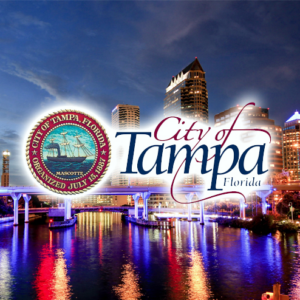

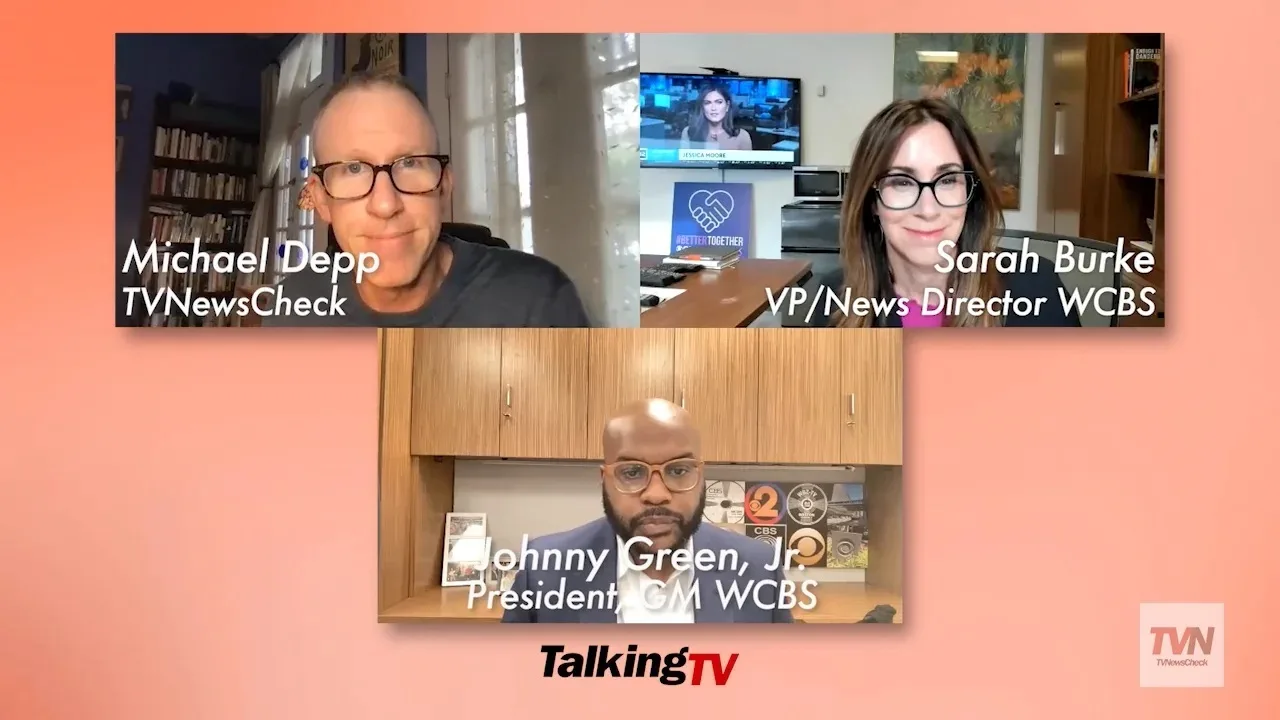
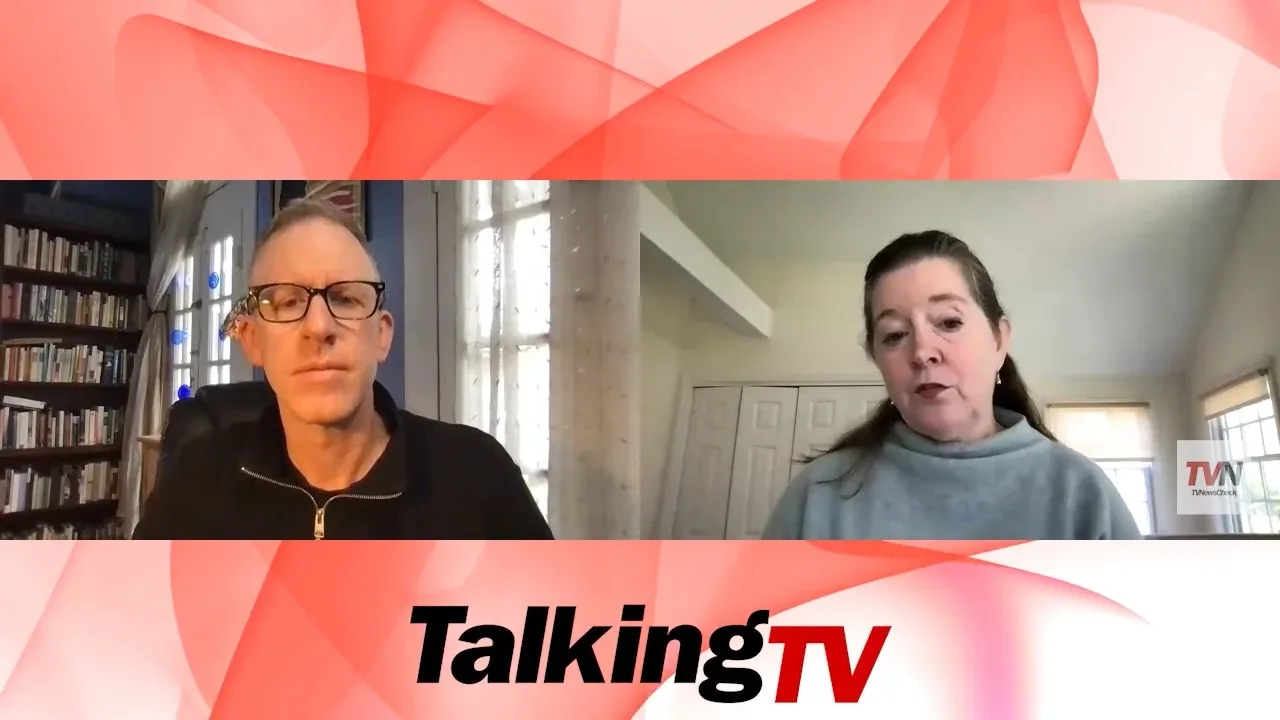

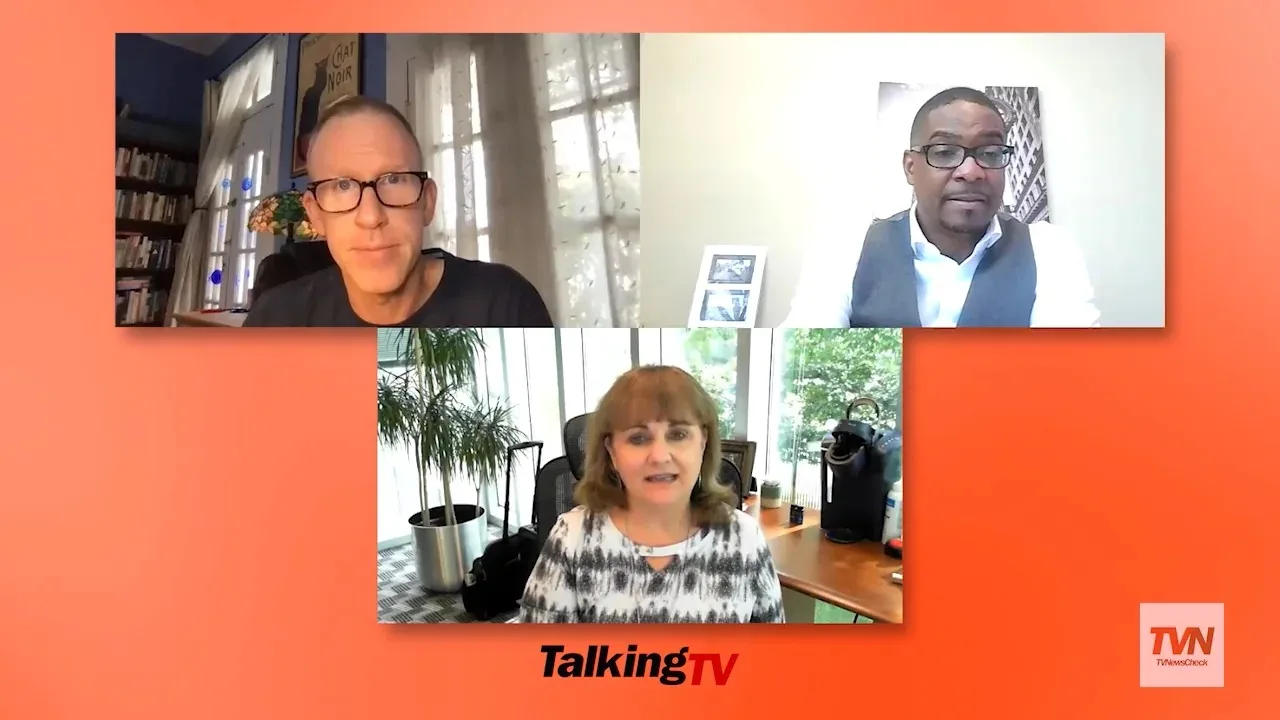
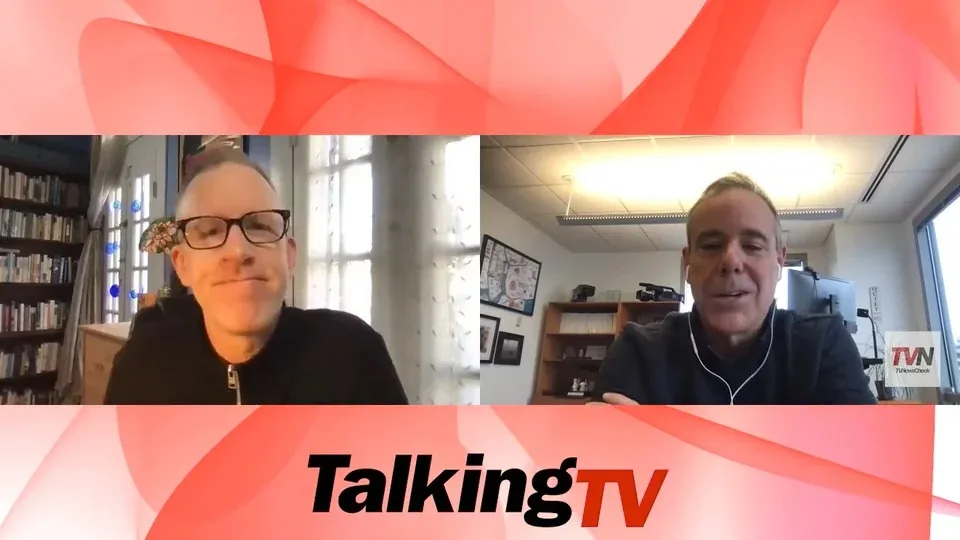

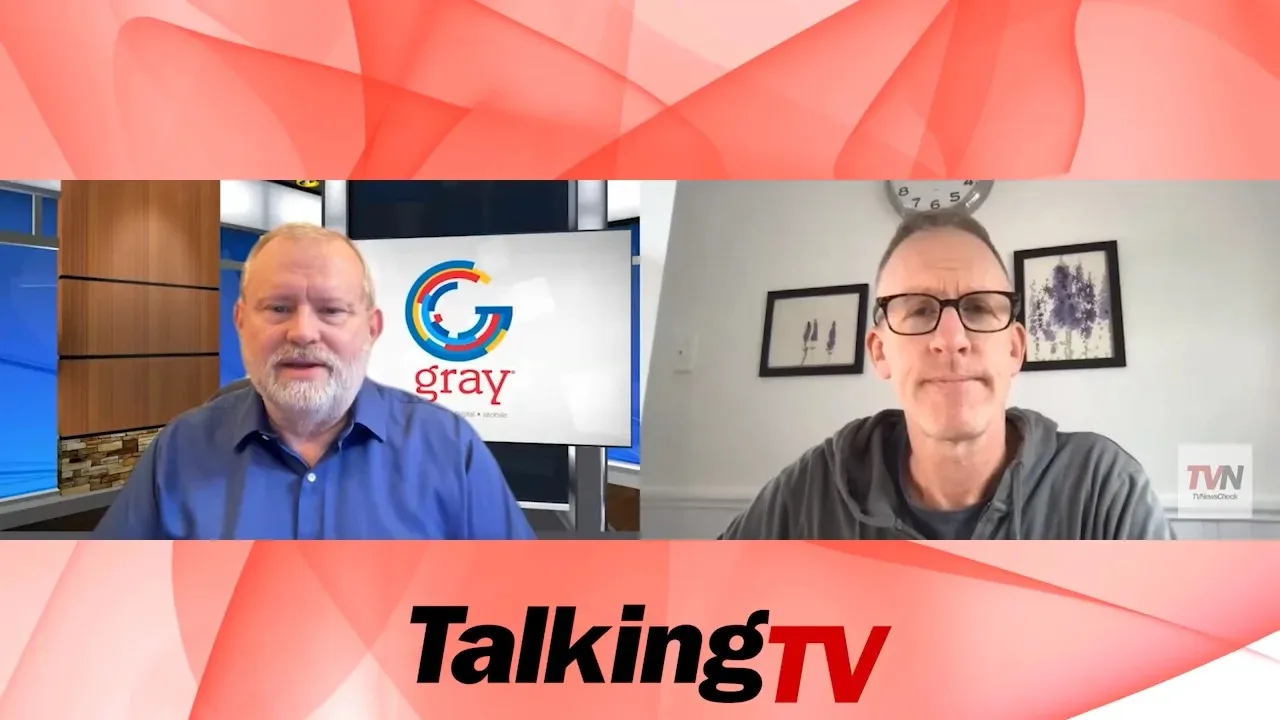
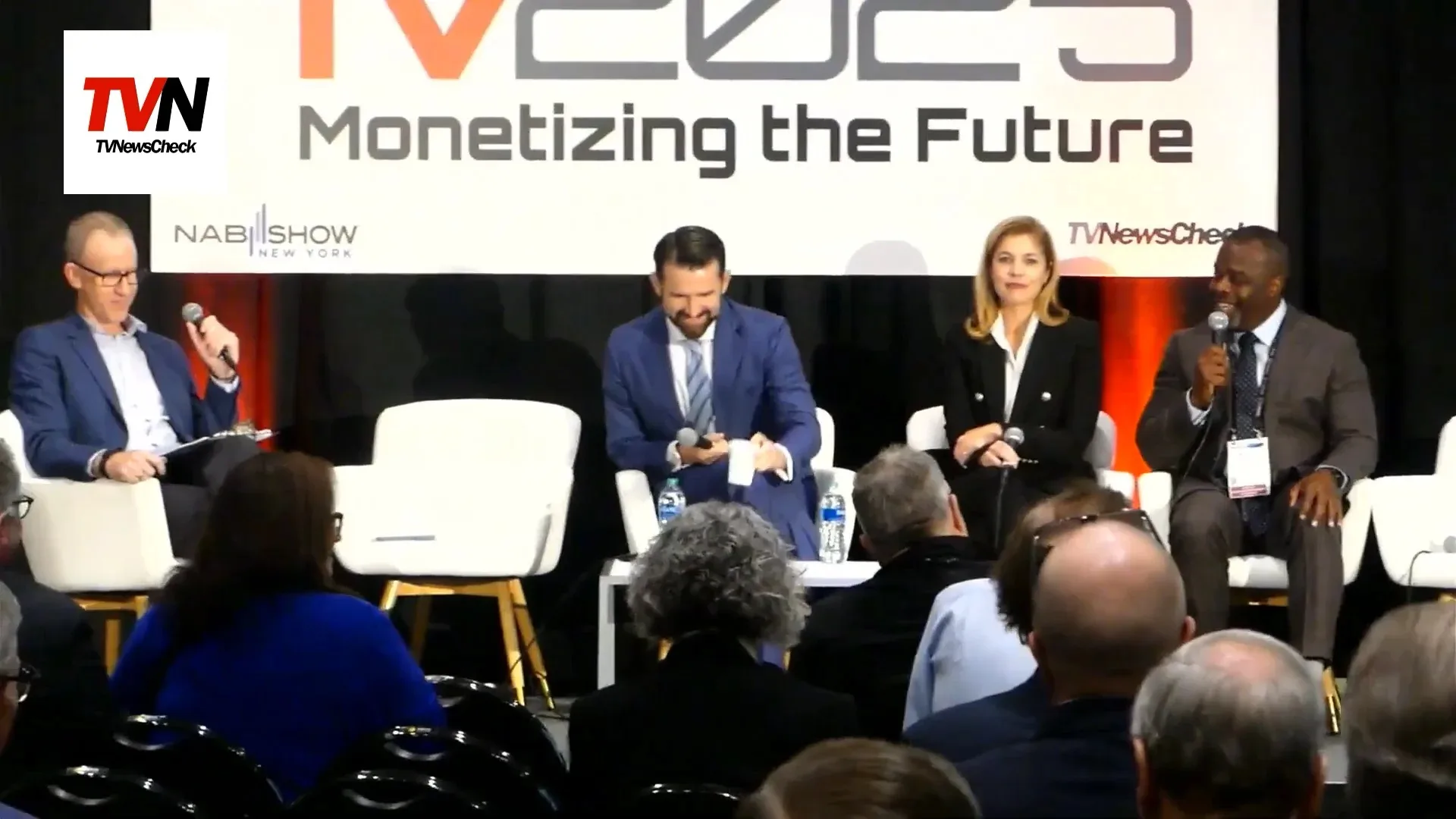







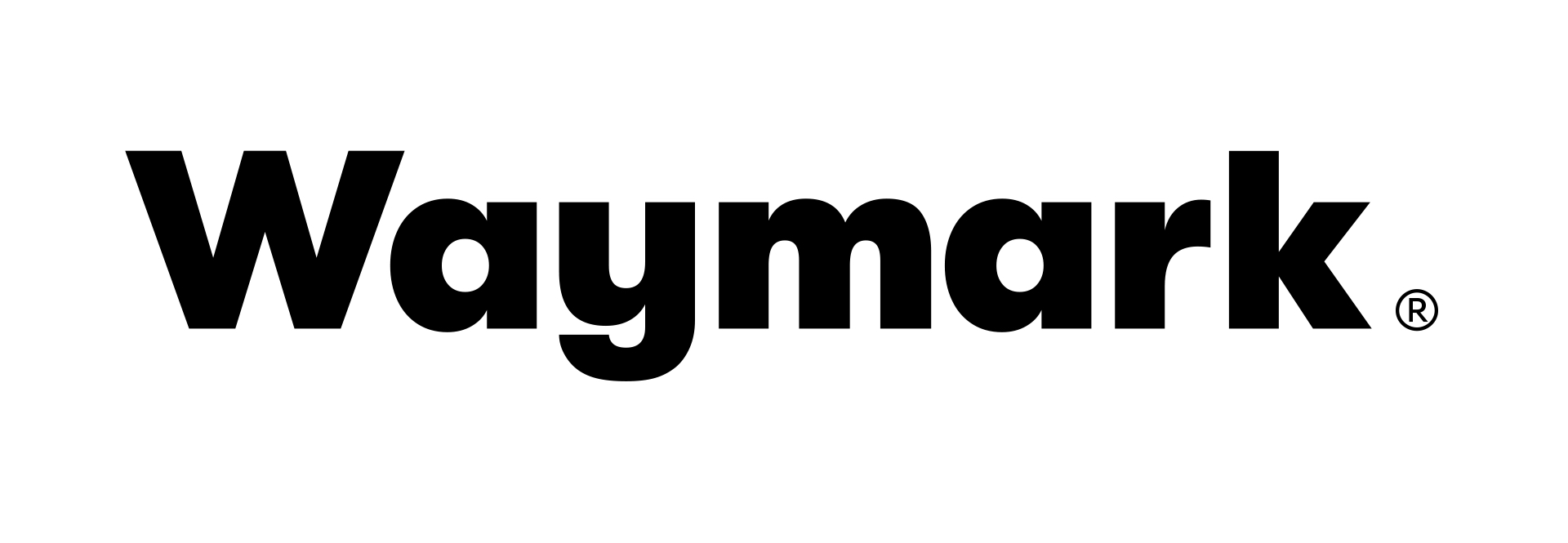




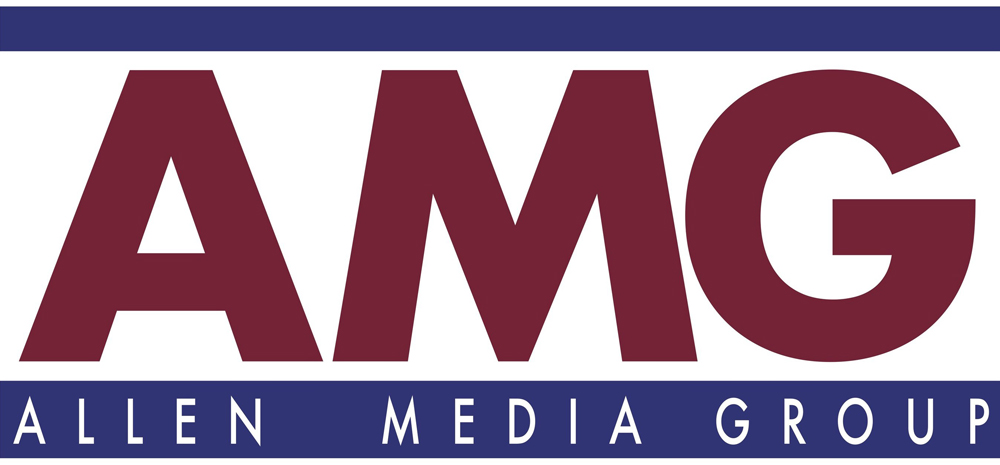



Comments (0)